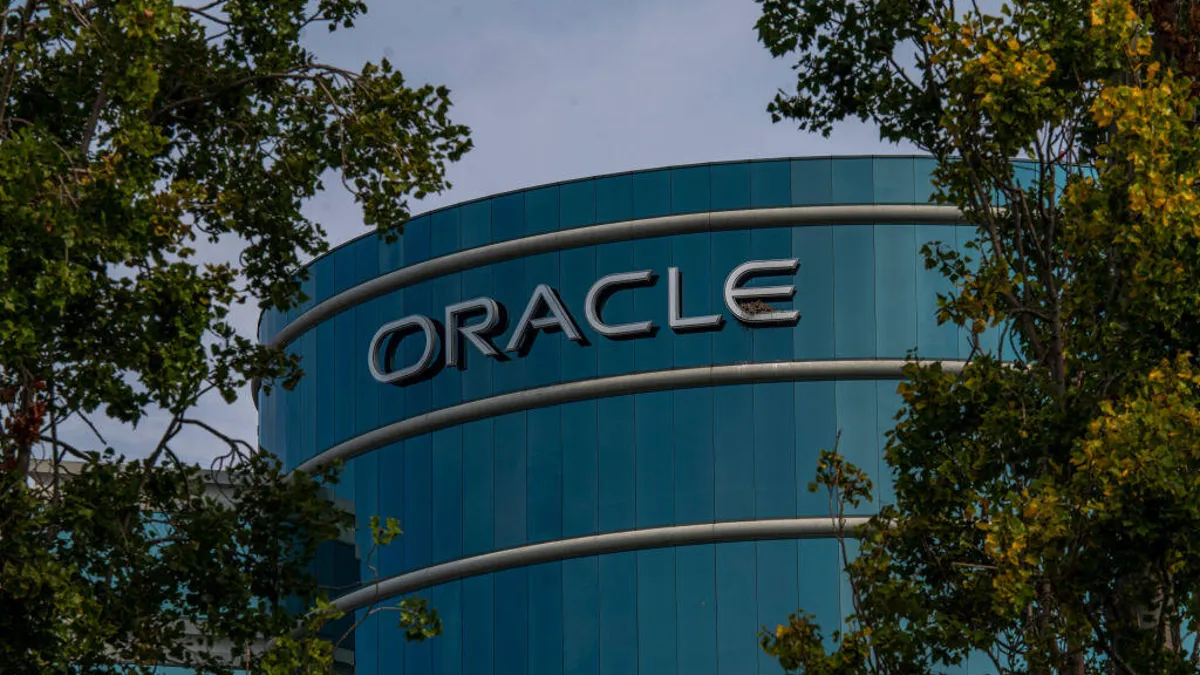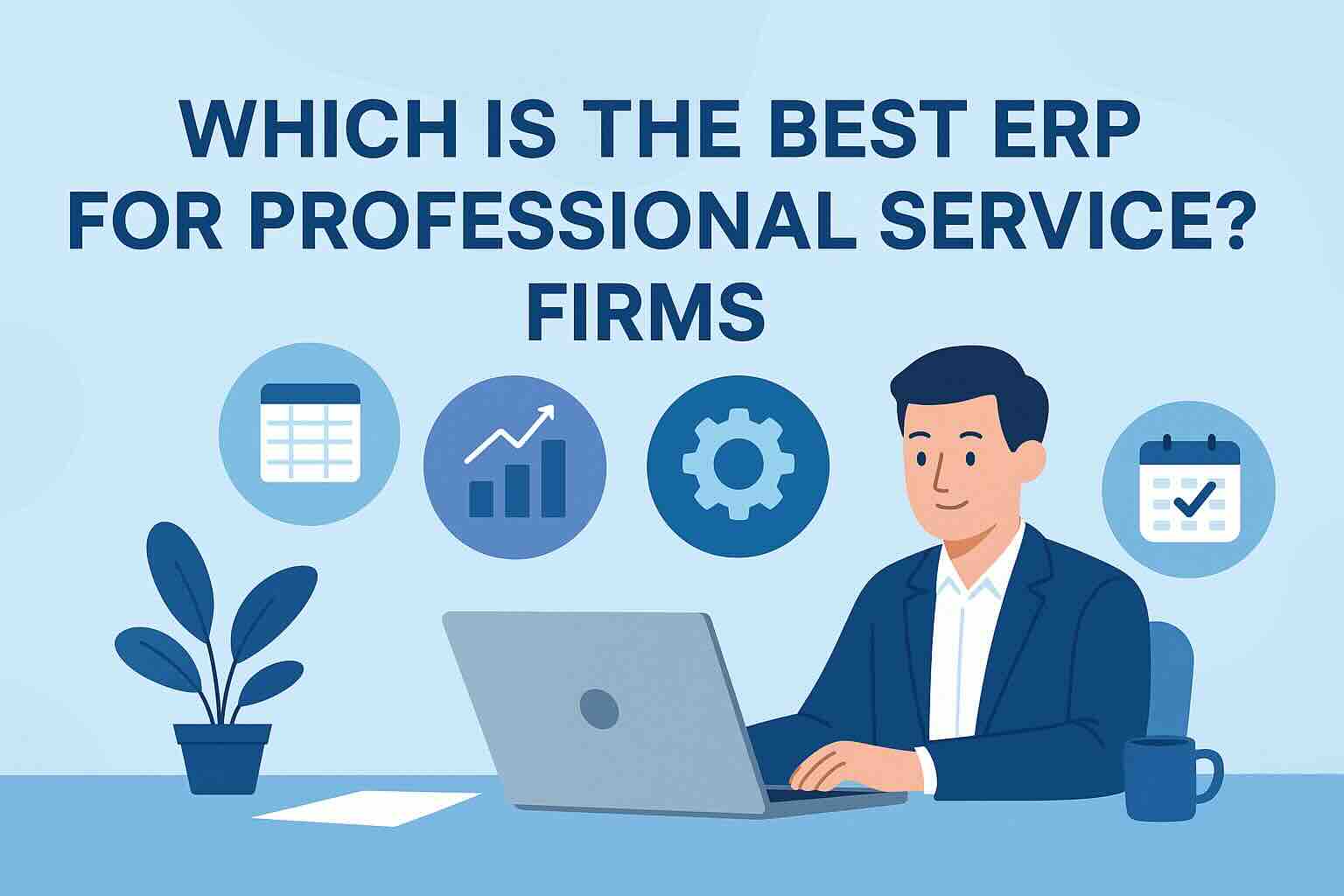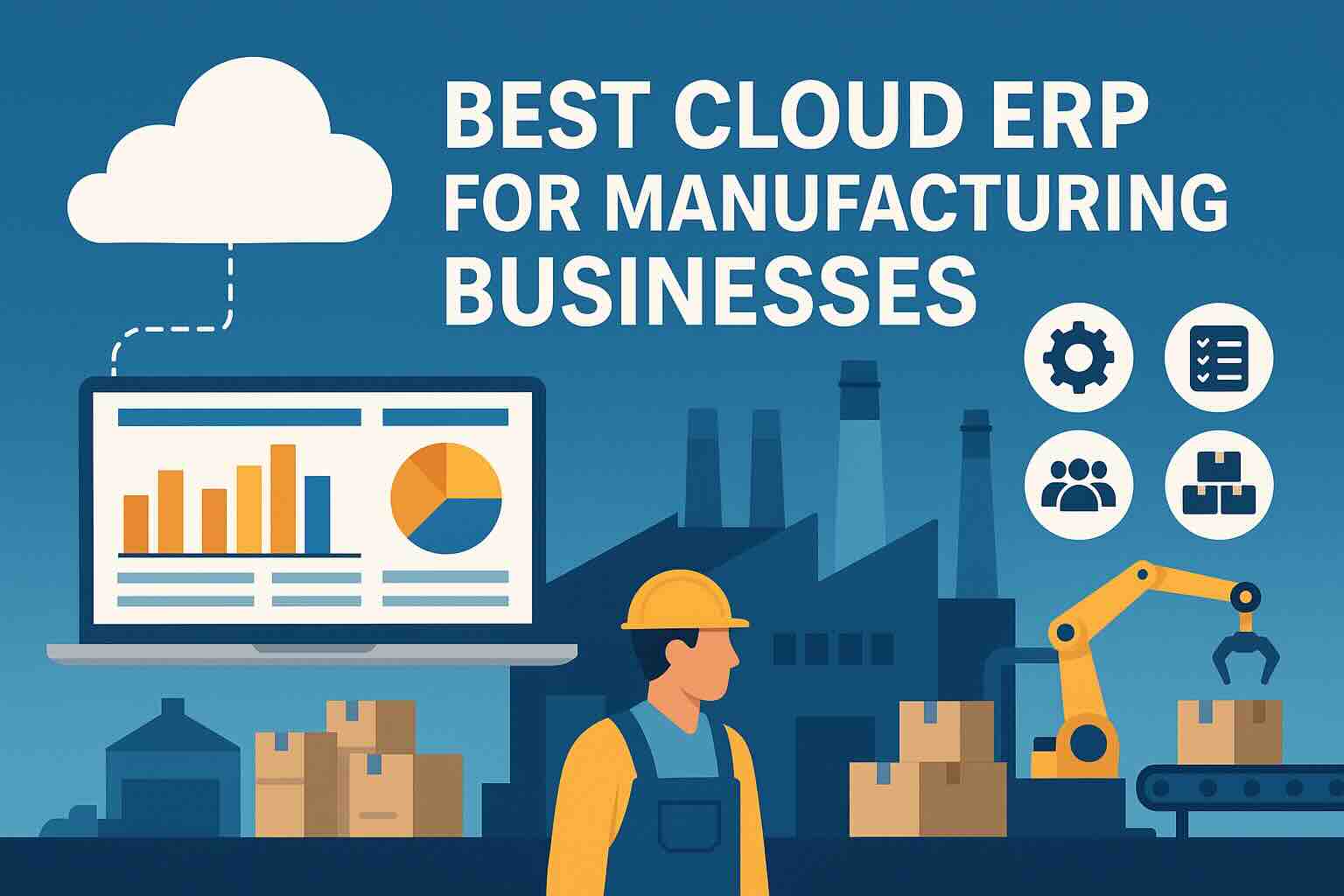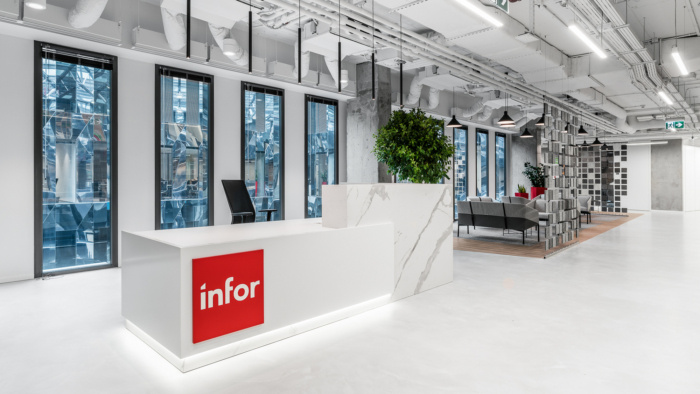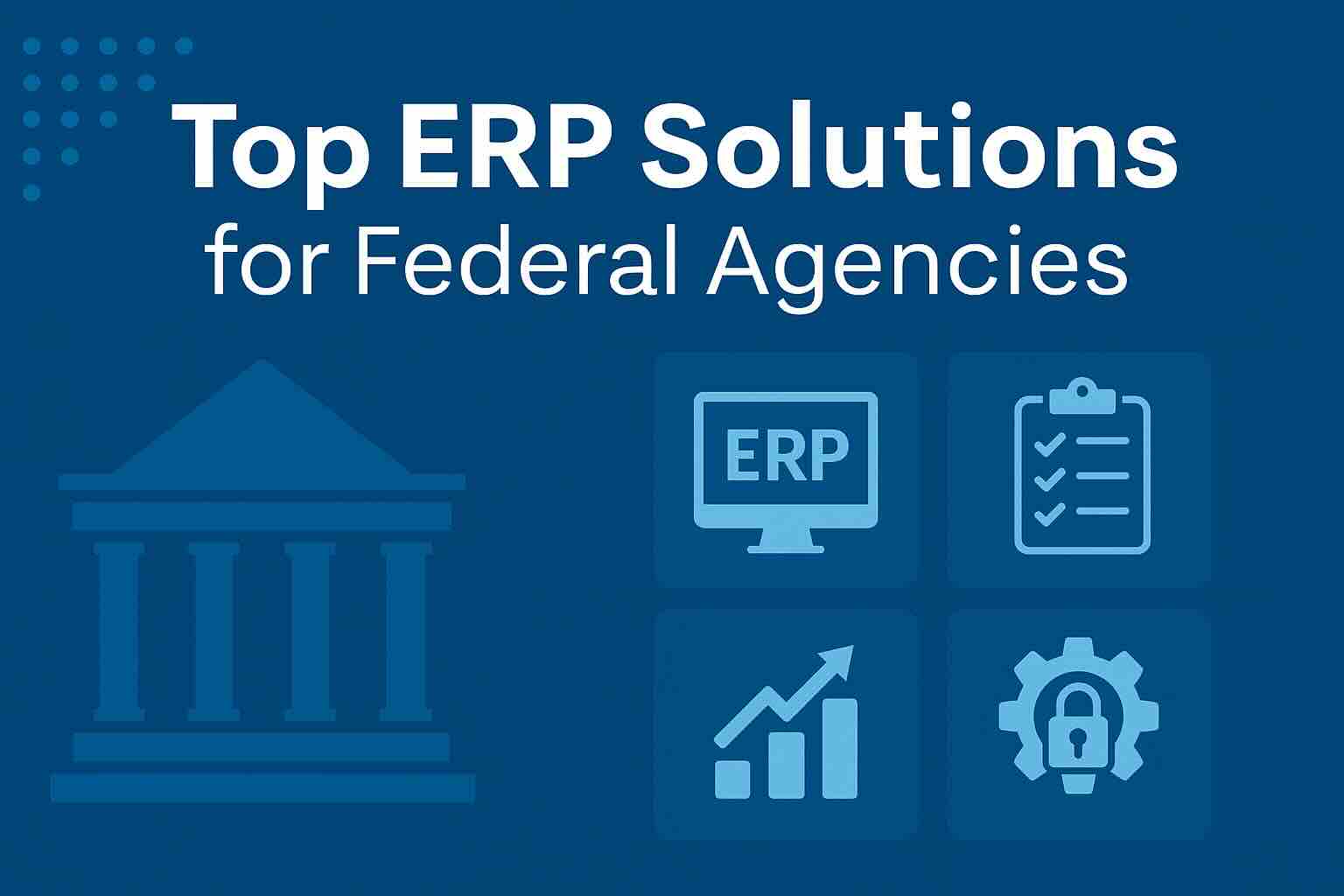Epicor vs SAP: Choosing the Right ERP Solution for Your Business

In the world of enterprise resource planning (ERP) software, two names stand out prominently: Epicor and SAP. Both systems are known for their robust capabilities, but they cater to different industries and organizational needs. If you’re considering implementing an ERP system and are torn between Epicor and SAP, this guide will provide a comprehensive comparison of their features, strengths, and weaknesses to help you make an informed decision.
Understanding Epicor
Epicor is a leading ERP solution designed specifically for mid-sized organizations. Known for its modular architecture and industry-specific solutions, Epicor offers highly customizable features for industries such as manufacturing, distribution, retail, and services.
Key Features of Epicor:
- Industry-Focused Solutions: Epicor tailors its features to meet the specific needs of industries like manufacturing and distribution, ensuring a more targeted approach.
- Cloud and On-Premises Deployment: Users can choose between cloud-based and on-premises deployments, providing flexibility depending on organizational needs.
- Ease of Use: Epicor’s interface is intuitive and user-friendly, making it a preferred choice for mid-sized businesses with limited IT resources.
- Customization: Its modular design allows businesses to choose only the features they need, reducing unnecessary complexity and cost.
Epicor Strengths:
- Tailored for small to medium-sized businesses (SMBs).
- Strong manufacturing and supply chain management capabilities.
- Scalability to grow with your business.
- Lower cost of ownership compared to SAP.
Epicor Weaknesses:
- Limited global reach compared to SAP.
- Fewer advanced features for large enterprises.
- Smaller ecosystem for third-party integrations.
To find out more about Epicor you can visit this link.
Understanding SAP
SAP is one of the world’s largest ERP providers, offering solutions for organizations of all sizes, from small businesses to multinational corporations. SAP’s flagship product, SAP S/4HANA, is renowned for its powerful analytics, real-time processing, and enterprise-grade functionality.
Key Features of SAP:
- End-to-End Solutions: SAP provides an all-encompassing suite of tools for everything from finance and human resources to supply chain and customer relationship management.
- Advanced Analytics: With SAP’s in-memory database technology, users can process and analyze vast amounts of data in real time.
- Global Reach: SAP has a presence in nearly every country, making it an ideal choice for multinational organizations.
- Industry Versatility: While SAP is known for its enterprise-level solutions, it also offers products like SAP Business One for SMBs.
SAP Strengths:
- Highly scalable and suitable for enterprises of all sizes.
- Extensive global support and localization options.
- Advanced features for AI, machine learning, and IoT integration.
- Strong focus on compliance and data security.
SAP Weaknesses:
- Steeper learning curve compared to Epicor.
- Higher implementation and maintenance costs.
- May offer more features than some smaller businesses need.
To find out more about SAP you can visit this link.
Epicor vs SAP: A Feature-by-Feature Comparison
1. Deployment Options
- Epicor: Offers flexible deployment options, allowing businesses to choose between cloud-based, on-premises, or hybrid setups.
- SAP: Primarily emphasizes cloud and hybrid solutions with SAP S/4HANA, though on-premises options are also available.
2. Usability
- Epicor: Known for its simple, user-friendly interface tailored to small and mid-sized businesses.
- SAP: Offers a more complex interface designed for large-scale enterprises, which can be overwhelming for smaller organizations.
3. Customization
- Epicor: Provides significant customization opportunities, letting businesses adapt the software to their specific needs.
- SAP: Customization is available but often requires more resources and expertise, leading to higher costs.
4. Scalability
- Epicor: While scalable, it is primarily geared toward mid-sized businesses.
- SAP: Highly scalable, making it suitable for businesses ranging from small startups to large multinational corporations.
5. Industry Fit
- Epicor: Best suited for manufacturing, distribution, and retail industries.
- SAP: Covers a broader range of industries, including finance, healthcare, and utilities, in addition to manufacturing and distribution.
6. Cost
- Epicor: Typically has a lower total cost of ownership, making it a budget-friendly option for mid-sized businesses.
- SAP: Higher upfront and ongoing costs, reflecting its enterprise-level capabilities and extensive feature set.
7. Integration and Ecosystem
- Epicor: Limited third-party integrations compared to SAP, but sufficient for mid-sized operations.
- SAP: Offers a vast ecosystem with thousands of integrations and third-party tools.
Choosing the Right ERP Solution
When choosing between Epicor and SAP, the decision boils down to your business’s size, industry, and specific needs.
Choose Epicor if:
- You’re a small to mid-sized business.
- You operate in manufacturing, distribution, or retail.
- You need a cost-effective solution with straightforward customization.
Choose SAP if:
- You’re a large or rapidly growing organization with complex needs.
- You operate in multiple countries and require extensive localization options.
- You need advanced analytics, AI, and IoT capabilities.
Conclusion
Both Epicor and SAP are powerful ERP systems, but they cater to different market segments. Epicor excels in providing affordable, industry-specific solutions for SMBs, while SAP dominates the enterprise space with its comprehensive feature set and global reach. Assess your organization’s goals, budget, and scalability requirements before making a decision. By understanding the key differences in this Epicor vs SAP comparison, you’ll be better equipped to choose the ERP solution that aligns with your business’s future growth and success.
Ready to Transform Your Business?
Implementing the right ERP system could be the game-changer your business needs. With our AI-powered Compare ERP tool, you can effortlessly explore and compare solutions tailored to your unique business needs. It’s free to use, and you’ll receive a guaranteed discount on your first year’s license fees with a referral from Compare ERP. Take the first step toward streamlining your processes and boosting productivity and start comparing today!
